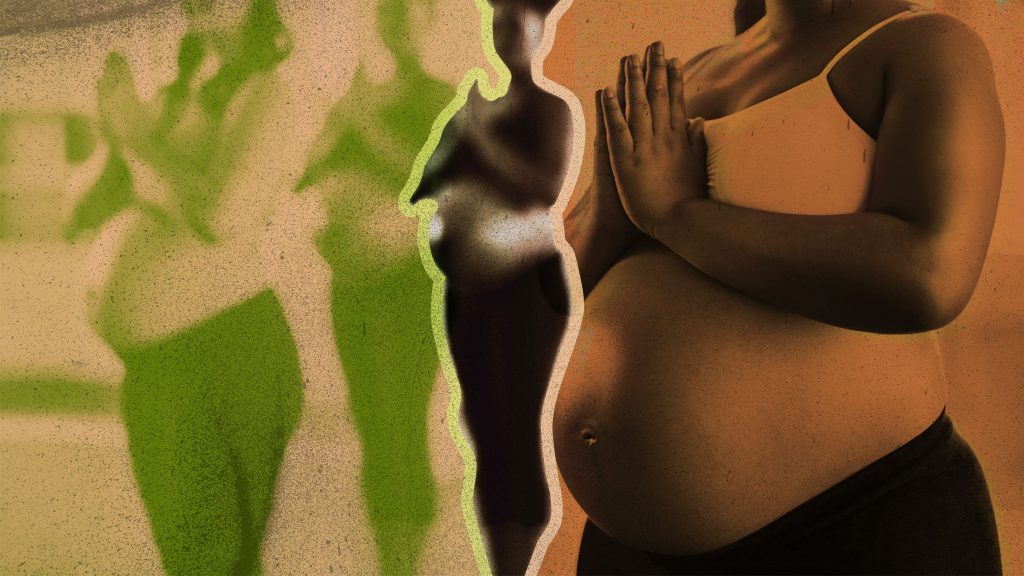Inequality Is a Health Risk—and It’s Getting Worse
Inequality Is a Health Risk—and It’s Getting Worse
Inequality in society is not just a social issue, it also has significant implications for public health. Studies have shown that...

Inequality Is a Health Risk—and It’s Getting Worse
Inequality in society is not just a social issue, it also has significant implications for public health. Studies have shown that individuals living in areas with high levels of income inequality tend to have poorer health outcomes compared to those in more equal societies.
One of the main reasons for this is the impact of stress. People living in poverty or in marginalized communities are more likely to experience chronic stress, which can lead to a range of physical and mental health issues.
Access to healthcare is another key factor. In unequal societies, those who are already disadvantaged are less likely to have access to quality healthcare services, leading to higher rates of preventable diseases and poorer health outcomes.
Furthermore, income inequality can also lead to disparities in education, employment opportunities, and living conditions, all of which can have a significant impact on an individual’s health.
Recent studies have shown that income inequality is on the rise in many countries around the world, including the United States. This growing wealth gap could have serious implications for public health, increasing the risk of chronic diseases, mental health disorders, and overall lower life expectancies.
As a society, it is important to address the root causes of inequality in order to improve the health and well-being of all individuals. This includes implementing policies that promote equal access to healthcare, education, and economic opportunities for all members of society.
By addressing the systemic issues that contribute to inequality, we can work towards creating a healthier and more equitable society for all.





